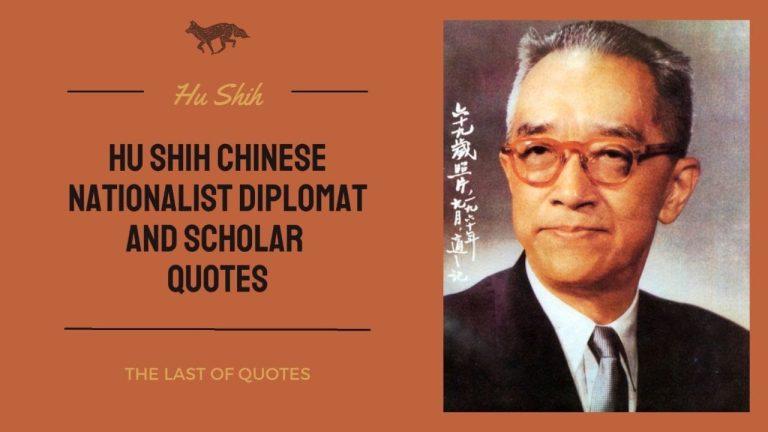Date of Birth: December 17, 1891
Zodiac Sign: Sagittarius
Date of Death: February 24, 1962
Biography
Hu Shih (胡適) was a prominent Chinese philosopher, essayist, and diplomat who played a significant role in the modernization of Chinese culture in the early 20th century. Born on December 17, 1891, in Jixi, Anhui province, Hu was an advocate for the New Culture Movement and was instrumental in the promotion of vernacular Chinese over classical Chinese in literature. He studied under renowned philosopher John Dewey at Columbia University, where he was influenced by pragmatism, which he later applied to his own philosophical and literary works. Hu Shih’s efforts were crucial in the May Fourth Movement, which aimed to reform Chinese society and culture by advocating science, democracy, and modern education. He served as the Republic of China’s ambassador to the United States during World War II and later became the president of Peking University. Hu’s contributions to Chinese literature and academia have left an indelible mark, making him one of the key figures in modern Chinese intellectual history.
5 Interesting Facts about Hu Shih
1. Hu Shih was a leading figure in the New Culture Movement in China, which sought to reform Chinese culture through the adoption of Western ideas and values.
2. He was an advocate for the use of vernacular Chinese in literature, which helped to make literature more accessible to the general public.
3. Hu Shih served as the Republic of China’s ambassador to the United States during World War II, playing a crucial role in Sino-American relations.
4. He was influenced by the philosophy of pragmatism, particularly the teachings of John Dewey, and applied these principles to his own work in philosophy and education.
5. Hu Shih was the president of Peking University from 1946 to 1948, where he focused on educational reform and academic freedom.
5 Most Interesting Quotes from Hu Shih
1. “Life and death are of grave importance. Don’t suffer them in vain.”
2. “The road to democracy is never easy, but it is the only road worth taking.”
3. “The most important thing in life is to have a great aim, and the determination to attain it.”
4. “The value of life lies not in the length of days, but in the use we make of them.”
5. “A new culture must be built on the foundation of science and democracy.”
Highest Net Worth Achieved
Hu Shih was a scholar and diplomat and did not accumulate significant personal wealth. His highest net worth is not well-documented but was modest, consistent with his roles in academia and public service.
Children
Hu Shih had one son, Hu Sidu, who tragically died during World War II in 1948.
Relevant Links
1. [Hu Shih – Wikipedia](https://en.wikipedia.org/wiki/Hu_Shih
2. [Hu Shih | Internet Encyclopedia of Philosophy](https://www.iep.utm.edu/hu-shih/
4. [Stanford Encyclopedia of Philosophy | Hu Shih](https://plato.stanford.edu/entries/hu-shih/


